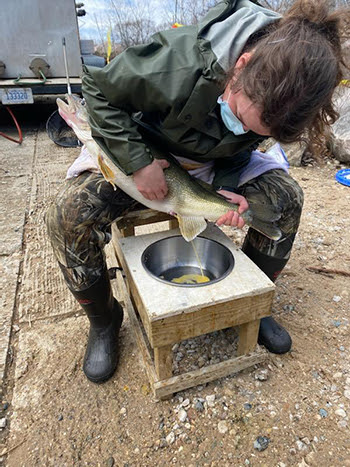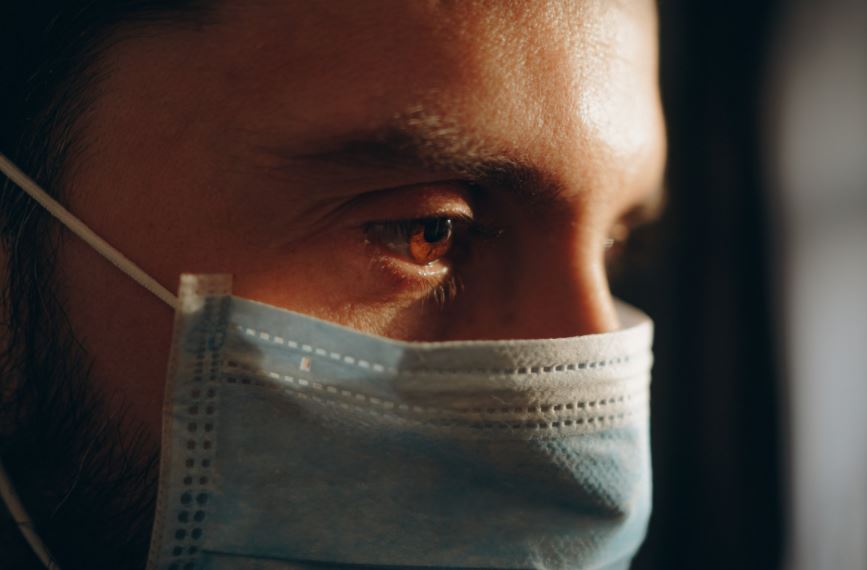Written Wednesday April 13th at 11:30 AM
Written by Sammy Taomina

The Falcons will have a new Boys Basketball coach next winter.
Groves coach Benny White announced his retirement from coaching boys basketball. The move was confirmed by the Falcons Twitter page.
“Thank you to Coach Benny White for four great years as our Boys Basketball Coach. We wish you well on your retirement” said the Groves Twitter page.
White is well known around the basketball world. He coached at Detroit Martin Luther King for 15 years and had a 201-89 record with the Crusaders. White was induced into the Detroit Public Schools League Hall of Fame in 2007 and was the regional coach of the year in 2010.
White coached for four years at Groves. He led the Falcons to a 42-34 record overall with the program. Groves went 13-8 this season falling to Birmingham Brother Rice in the district semifinals.
The Falcons lose a ton of experience in Nick Lurz, Ben Roman, Quinton Steele, Armat Sran, Paige Williams, Kalik Blount, and Aaron DuBose. They have Jack Abbot, Elijah Yelder, Max Kramer, Josh Gibson, Myles McClary, Brody Tushman, and Max Young coming back.
Program strength looks to be solid heading into next season for the new coach.
Thoughts
White did a very good job with the program. Groves improved each season under White. They won 13 games this season.
It will be very interesting to see what the Falcons do next season.
Stay tuned to OAA Now for the latest on this developing story.
Here is the Tweet confirming the move.
https://twitter.com/GrovesAthletics/status/1514233655169896448









 With an aim toward maximizing both angler satisfaction and the ecological benefits of the state’s walleye fisheries, the Michigan Department of Natural Resources has finalized a plan to guide the department’s management of the popular species in inland waters.
With an aim toward maximizing both angler satisfaction and the ecological benefits of the state’s walleye fisheries, the Michigan Department of Natural Resources has finalized a plan to guide the department’s management of the popular species in inland waters.
